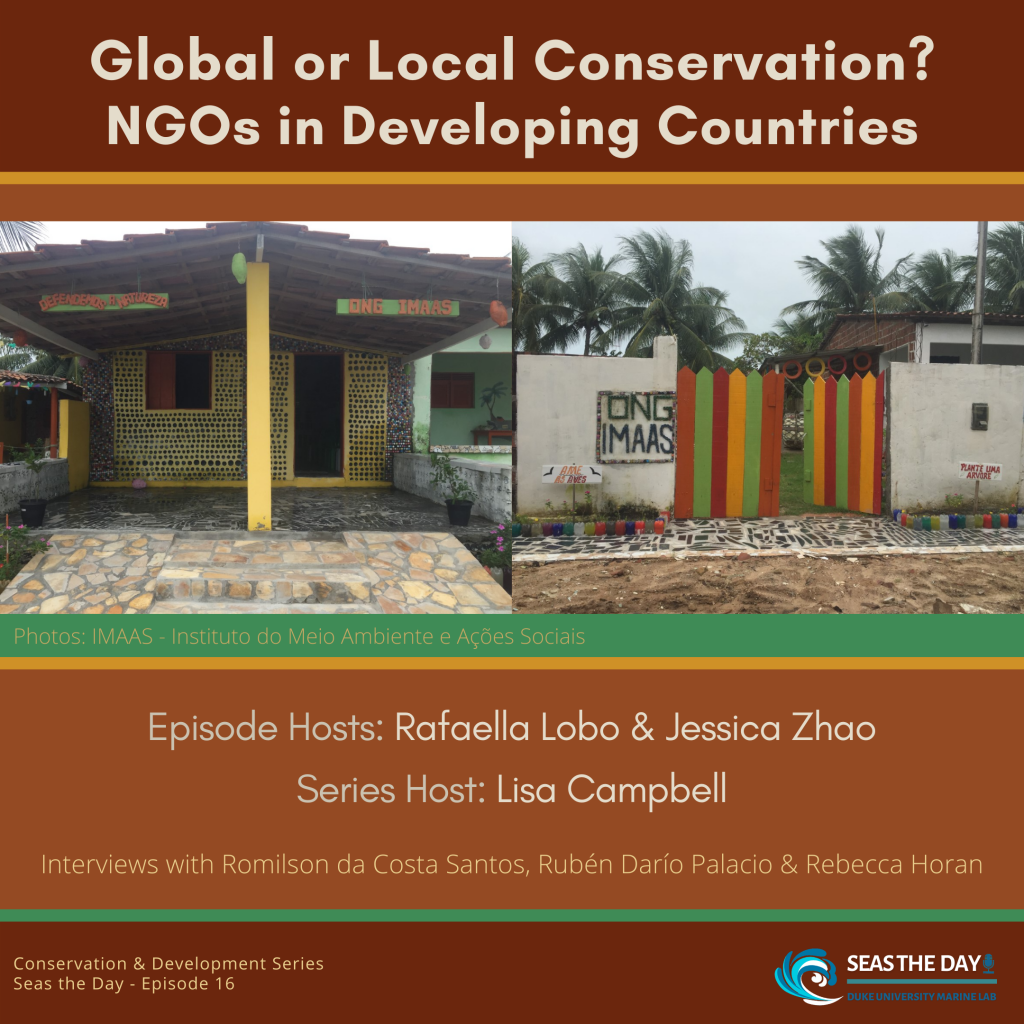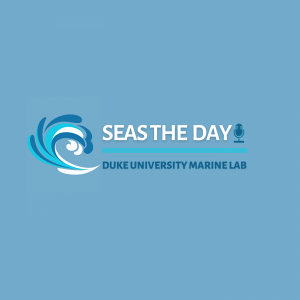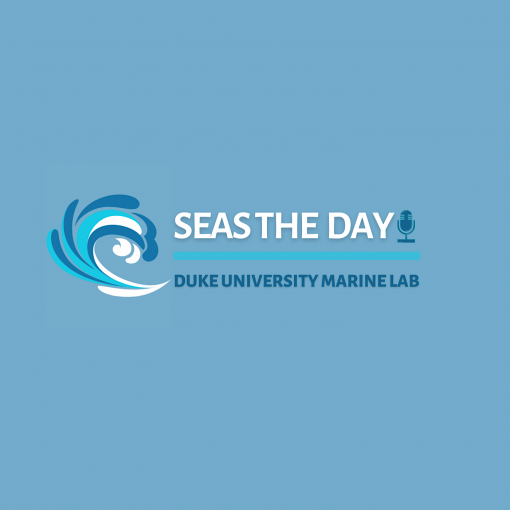In this episode, Rafaella Lobo and Jessica Zhao explore the role of non-government organizations (NGOs) in promoting conservation in developing countries. They focus in particular on the role of and relations among Big International NGOs (BINGOs) and small, local NGOs, the strengths and weaknesses of each.
Listen Now
Episode Hosts
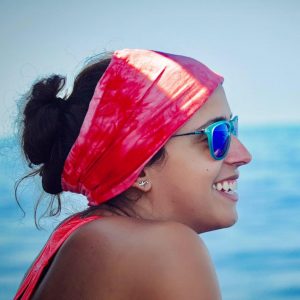
Rafaella Lobo is a 3rd year PhD student in Marine Science and Conservation at the Duke University Marine Lab. Advised by Dr. Lisa Campbell, her current interests are on the challenges of international governance for biodiversity conservation, particularly at the intersection of North-South issues (and podcasting!). Before coming to Duke, she got her Masters in Political Science from the University of Central Florida, with a focus on Environmental Politics, and a bachelor’s degree in International Relations, from PUC-GO, in Brazil – her home country. She has volunteered, interned and worked with marine/environmental organizations, such as the Hubbs-SeaWorld Research Institute, the Sarasota Dolphin Research Program, and the World Wildlife Fund. She’s been the Alexandra Cousteau Environment and Global Climate Change Fellow, and the Duke Global Policy Fellow.
Twitter: @LellaLobo
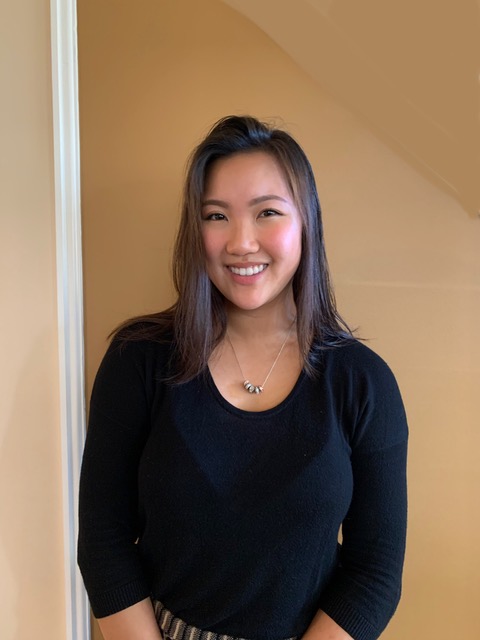
Jessica Zhao is a senior at Duke University majoring in Environmental Science & Policy with a focus on international sustainability and climate policy. She has studied urban green solutions in Scandinavia and Singapore; served as a Legislative & Political Stanback Fellow with the North Carolina League of Conservation Voters; and participated in Duke University’s UN Climate Change Negotiations Practicum, a graduate-level Bass Connections course. She hopes to continue pushing government entities, NGOs, and businesses to intersect in meaningful, forward-thinking ways, while keeping in mind the communities that climate change impacts most.
Interviewees
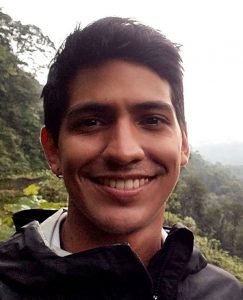
Twitter: @rdpalacio1
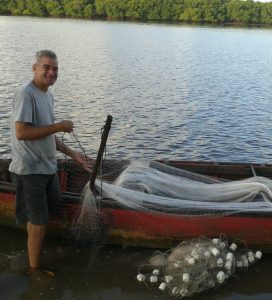
Romilson da Costa Santos is a professor with a degree in geography, a postgraduate degree in Psychopedagogy, a native of Costinha, a small town in the Northeastern state of Paraíba, Brazil. He has been the president of the NGO IMAAS – the Institute for the Environment and Social Actions (Instituto do Meio Ambiente e Ações Sociais, in the Portuguese acronym) since 2012. Some of IMAAS main activities’ include: defending and raising awareness about the importance of the local mangroves, promoting environmental education, and safeguarding the community’s memory and history of whaling.
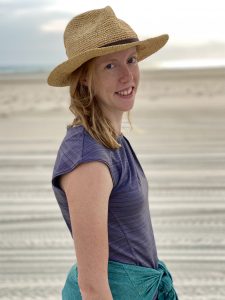
Rebecca Horan (she/her/hers) is a 2nd year PhD student in Dr. David Gill’s lab. Becca’s work in conservation and development has brought her from the forests of Madagascar to the agricultural lands of Kenya and Tanzania, as well as the beaches of Martha’s Vineyard and the Philippines. Regardless of the ecosystem, she has most enjoyed working with colleagues and rural community members in the field who have generously shared their wisdom and stories. She hopes to continue working with practitioners during her PhD research at the Duke Marine Lab to understand how coastal communities are adapting to climate change for a more just and sustainable future. A New Englander at heart, Becca has a bachelor’s degree from Connecticut College.
Twitter: @RHoran_Marine
Series Host
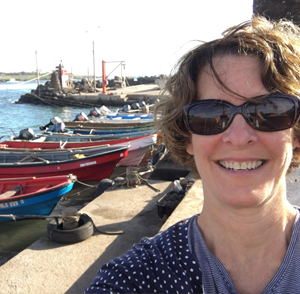
Dr. Lisa Campbell hosts the Conservation and Development series. The series showcases the work of students who produce podcasts as part of their term projects. Lisa introduced a podcast assignment after 16 years of teaching, in an effort to direct student energy and effort to a project that would enjoy a wider audience.
